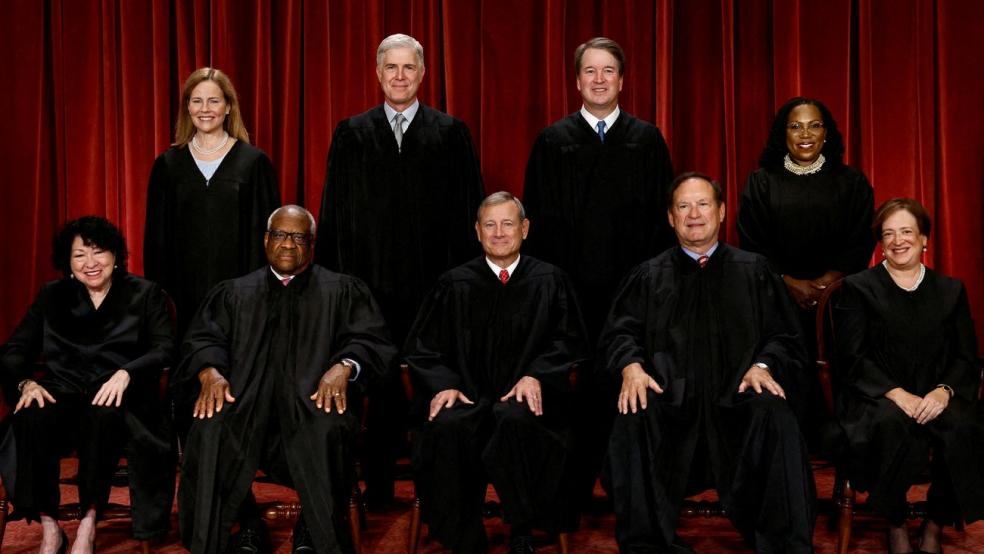Welcome to July! It’s only the first of the month, but we’ve already got fireworks going off in the nation’s capital, where the Supreme Court handed down a landmark 6-3 ruling, decided along ideological lines, that held that former presidents have considerable immunity from criminal prosecution for their actions while in office.
“At least with respect to the President’s exercise of his core constitutional powers, this immunity must be absolute,” Chief Justice John Roberts wrote in the decision for the court’s conservative majority. “As for his remaining official actions, he is entitled to at least presumptive immunity.” Only unofficial conduct would not be protected from prosecution.
Roberts wrote that such immunity is necessary to ensure that the president can be as “energetic” and “vigorous” as the framers of the Constitution envisioned.
The decision is a major victory for former President Donald Trump, as it wipes out one set of crimes alleged in Trump’s indictment in the January 6 election subversion case and makes it more than likely that the trial in that case will be delayed past the November elections — and might never happen. If Trump, the presumptive Republican presidential nominee, wins another term, he could have the case dropped or seek to pardon himself. In a social media post, he hailed the decision: “BIG WIN FOR OUR CONSTITUTION AND DEMOCRACY. PROUD TO BE AN AMERICAN!”
The court decision means that Trump’s conversations with Justice Department officials regarding the 2020 election are shielded and other elements of Special Counsel Jack Smith’s case must be analyzed by District Court Judge Tanya Chutkan to determine whether they involve official or unofficial conduct.
An invitation to corruption and criminality: In a scathing dissent, Justice Sonia Sotomayor, said the majority’s decision reshapes the presidency in ways that run counter to the historical evidence and established nature of the office and that could be disastrous for U.S. democracy, turning the nation’s top executive into “a king above the law.”
“It makes a mockery of the principle, foundational to our Constitution and system of Government, that no man is above the law,” Sotomayor wrote in her dissent, which was joined by Justices Elena Kagan and Ketanji Brown Jackson. “Relying on little more than its own misguided wisdom about the need for ‘bold and unhesitating action’ by the President ... the Court gives former President Trump all the immunity he asked for and more.”
In a separate dissent, Jackson wrote that, under the majority’s system, a president who admits to having political rivals assassinated or who instigates an unsuccessful coup could be deemed to be immune from prosecution. “In the end,” she wrote, “under the majority’s new paradigm, whether the President will be exempt from legal liability for murder, assault, theft, fraud, or any other reprehensible and outlawed criminal act will turn on whether he committed that act in his official capacity, such that the answer to the immunity question will always and inevitably be: It depends.”
The court’s majority said the dissenters were “fear mongering” and striking a “tone of chilling doom that is wholly disproportionate to what the court actually does today.”





